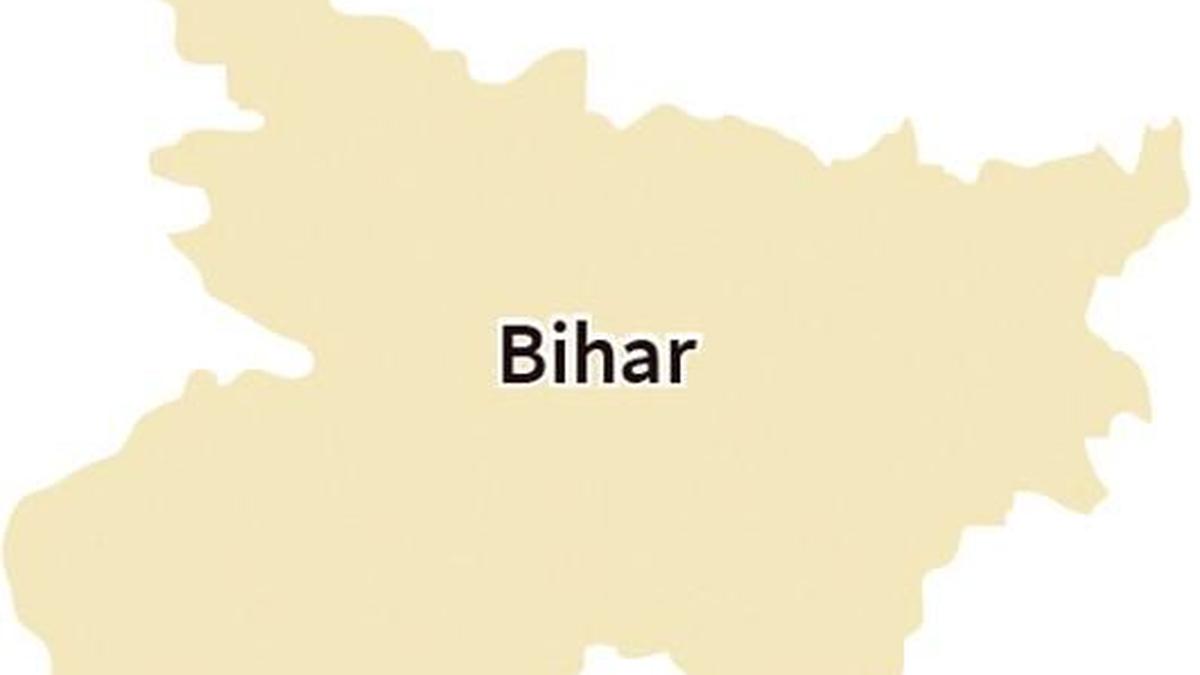The Waqf (Amendment) Act, 2025, has ignited controversy across India, particularly among Muslim leaders. It has triggered resignations from some Janata Dal (United) leaders, causing unrest within the ruling coalition of the JD(U) and the Bharatiya Janata Party (BJP) in Bihar and at the Centre. With Bihar set to go to polls later this year, this unrest raises questions about the electoral implications for the National Democratic Alliance (NDA).
While there is a sizeable number of Muslim voters in Bihar, who hold the key for electoral success in many Assembly constituencies, the fear that the Waqf Act could adversely affect the electoral prospects of the NDA in Bihar is unfounded since the JD(U)-BJP alliance has never been the choice of Muslim voters.
According to the 2011 Census, Muslims make up around 18% of Bihar’s population. In about 40 Assembly constituencies, Muslims account for over 25% of the electorate, with another 20 seats having 20-25% Muslim voters. In some constituencies such as Amour and Kochadhaman, Muslim voters exceed 70%. Overall, Muslims significantly influence 60-70 of Bihar’s 243 Assembly seats. A unified Muslim vote could sway outcomes in these areas.
However, historically, the JD(U)-BJP alliance has failed to gain substantial support from the community. The only exception was in the 2015 elections when the JD(U) allied with the Rashtriya Janata Dal (RJD) and Congress. Despite Nitish Kumar being the champion of Pasmanda Muslims, he has not been able to attract the Muslim vote because of his party’s alliance with the BJP at the Centre and in the State.
Evidence from the Lokniti-CSDS post-poll survey suggests that it is the RJD-led Mahagathbandan that has cornered a large chunk of the Muslim vote over the last three decades. During the Assembly election in February 2005, 40% of Muslims voted for the RJD-led alliance; 4% voted for the BJP-led alliance, which included the JD(U); and 13% for the Congress. A significant share of Muslim voters (34%) voted for other smaller parties and independents. This may have been due to some disenchantment among Muslim voters following 15 years of the RJD and its allies being in power. There was a fractured verdict in that election.
There was no significant shift in the Muslim vote during the Assembly election held in October that year, with 9% of Muslim voters voting for the NDA and 51% voting for the RJD-led alliance. It is important to mention that during this election, the Congress was an ally of the RJD, which was not the case during the Assembly election held in February 2005.
During the 2010 Assembly election, the NDA, which included Nitish Kumar’s JD(U) and the BJP, saw an increase in support from Muslims (21%). In contrast, support for the RJD was divided, with 32% backing the party and 22% supporting the Congress, which did not ally with the RJD during that election.
During the 2015 Assembly election, the Mahagathbandhan comprising the RJD, the JD(U), and Congress received support from 69% of Muslims, while the NDA received support from only 6% of Muslims. The rift between the BJP and the JD(U) in 2013, and the alliance between the JD(U) and the RJD, may have helped the JD(U) gain credibility among Muslim voters.
In 2020, the JD(U) rejoined the NDA. The Muslim vote for the NDA remained minimal, with only 5% of Muslims supporting it. The RJD-led Mahagathbandhan received 76% of the Muslim vote, a significant increase compared to 2015.
This clearly suggests that the NDA comprising the JD(U) and the BJP as the main partners has never been the beneficiary of the Muslim vote. Even if Muslims are unhappy or angry with the passing of the Waqf (Amendment) Act, it may not adversely affect the political prospects of the NDA in Bihar.
While the Waqf (Amendment) Act has undoubtedly sparked discontent among Muslims in Bihar and across India, its political repercussions in Bihar may be limited. Voting data shows that the JD(U)-BJP alliance has never been a primary choice for Muslim voters, except during the brief 2015 alliance between the RJD and Congress. Thus, while the controversy may deepen dissatisfaction, it is unlikely to significantly shift electoral dynamics in 2025 — unless other variables alter existing voting patterns.
Sanjay Kumar and Krishangi Sinha are with Lokniti-CSDS
Published – April 29, 2025 01:55 am IST




